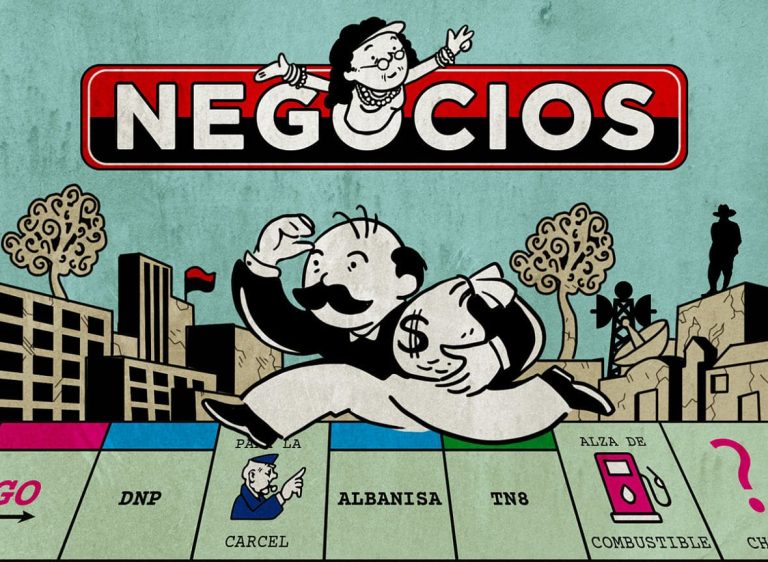

Making the Nonprofit Media Model Work Around the World

GIJN’s membership includes more than 100 nonprofit journalism and training organizations in 53 countries. Is this the wave of the future?
Krautreporter proved it: donation-financed journalism is possible. Not only in the United States, but also in Germany – and possibly everywhere. Krautreporter was founded as a crowdfunding platform for journalism projects and investigations. In 2014 it changed its strategy: it would no longer help raising money for others, but started a campaign for its own online magazine for in-depth journalism with experienced writers. Within one month it raised around 1 million Euros (about US$1.1 million).
But 19% of this money was gone the moment it was raised. Devoured by sales tax.
The reason is obvious: Krautreporter is organized as an ordinary company and not as a nonprofit organization, as it would probably be in the United States. There are around a hundred “news nonprofits” united under the umbrella of the Institute for Nonprofit News (INN, formerly the Investigative News Network).
Why is it so crucial for a nonprofit news organization to be accepted as a charity by the tax authorities? Former INN director Kevin Davis states two import reasons:
First: The nonprofit designation indicates to both donors and readers that these are mission-driven organizations, and that no individuals, companies or financial institutions are being enriched by or from the organization. Secondly: In the United States, the tax-deduction afforded to most donations is a motivating factor for a significant amount of philanthropy.”
This is probably not so different outside of the United States.

Netzwerk Rrecherche, Germany’s association of investigative journalists, holds its annual conference on July 3-4.
Although there are no clear tax laws that recognize journalism organizations as charitable in the United States, it is still quite possible for news nonprofits to overcome this and qualify for charitable status with the tax authorities. How does this work? In short, the organizations must establish themselves as a public charity that is focused on educating the public to help inform a free and working democracy.
In Germany this is not enough. If you are only reporting on topics that are mentioned in the law as charitable purposes, then you’re lucky: It might work for you to achieve nonprofit status. One example is the online magazine Finanztip, founded in 2014 and covered under the charitable purpose “consumer protection.” A magazine focused on environment protection could work in this manner as well.
Others who have gained the status are making a detour: They do public education (accepted as charitable work) in a stricter sense. For example, they organize workshops beside their journalistic work. The nonprofit newsroom Correctiv, founded in 2014 and largely financed by foundations, works this way.
But there are many nonprofit news projects that do not serve a charitable purpose or have the resources to organize workshops. Especially those among the growing number of local news magazines working with very small teams that are glad if they can manage to do their journalism. This is why Netzwerk Recherche, the German association of investigative journalists, is lobbying for an amendment of the tax law.
Correctiv is celebrating its first birthday in July. In the newsroom’s first year it produced impressive investigations – not least the story of the shooting down of flight MH17 over eastern Ukraine – and acquired new donors. Another pioneer of nonprofit journalism in Germany is Kontext-Wochenzeitung – which was founded in 2011 and now has the support of 250 members. Other projects have been founded in recent months — they all show that journalists stay innovative despite the challenges they are faced with in times of media crisis.
For the Global Investigative Journalism Conference this October 8-11 in Lillehammer, we are working with the conference co-hosts — Norway’s investigative journalism association SKUP and the Global Investigative Journalism Network — to ensure broad discussion of new models, crowdfunding, and start-ups. If you know of any interesting projects – or are working on one yourself – please let us know. We also want to find out more on how nonprofit news organizations are working in other countries and which challenges they have to deal with. Please send me an e-mail.
 Günter Bartsch has served as managing director of Netzwerk Recherche, the German association of investigative journalists, since 2009. He previously worked as an editor at Allgäuer Zeitung/Augsburger Allgemeine and as a freelance journalist.
Günter Bartsch has served as managing director of Netzwerk Recherche, the German association of investigative journalists, since 2009. He previously worked as an editor at Allgäuer Zeitung/Augsburger Allgemeine and as a freelance journalist.
For more resources on nonprofit models, sustainability, and fundraising, be sure to check out GIJN’s Resource Center. For more on Netzwerk Recherche’s work on nonprofits, see its website (in German).









